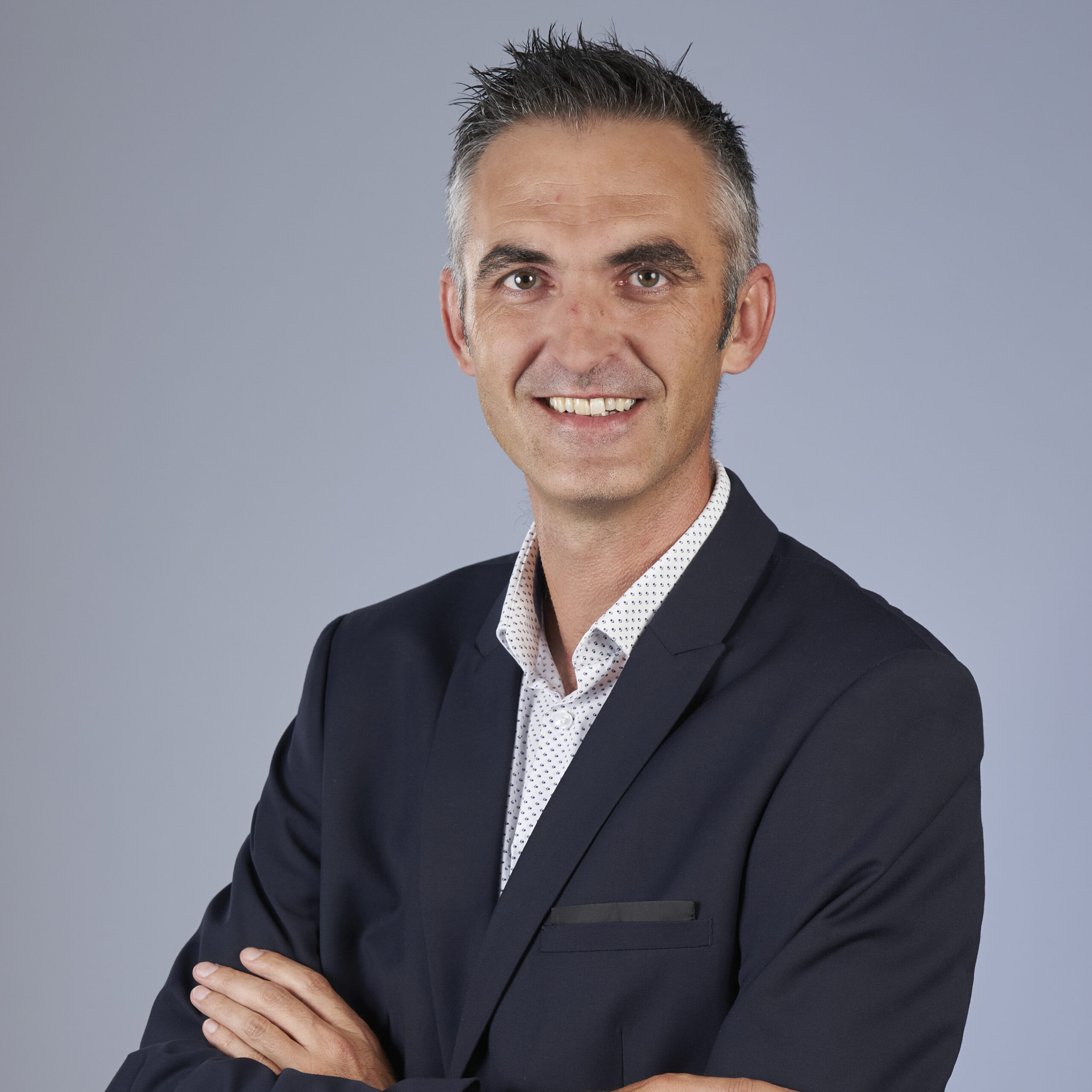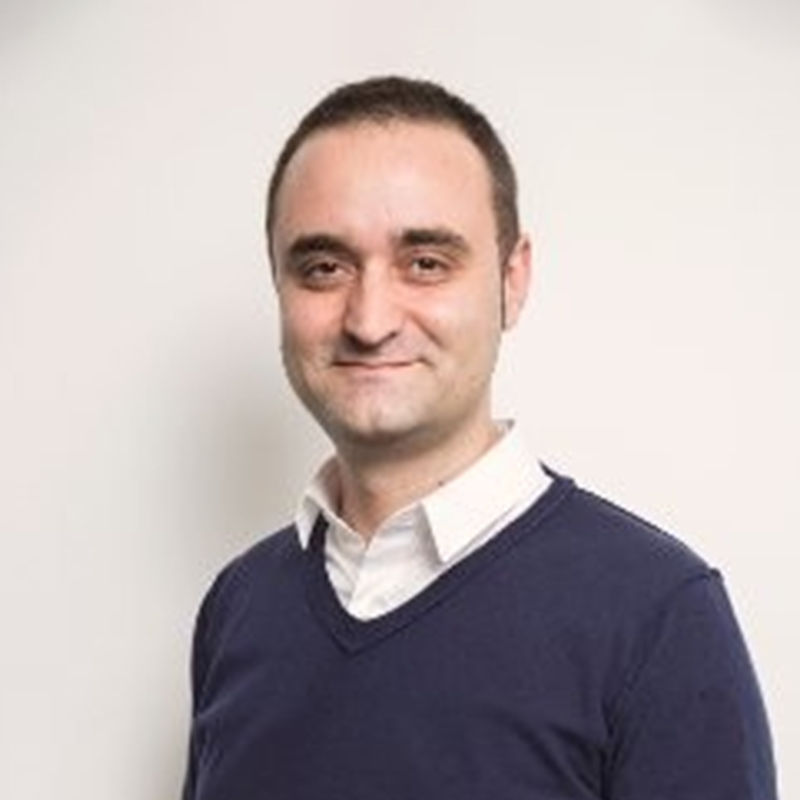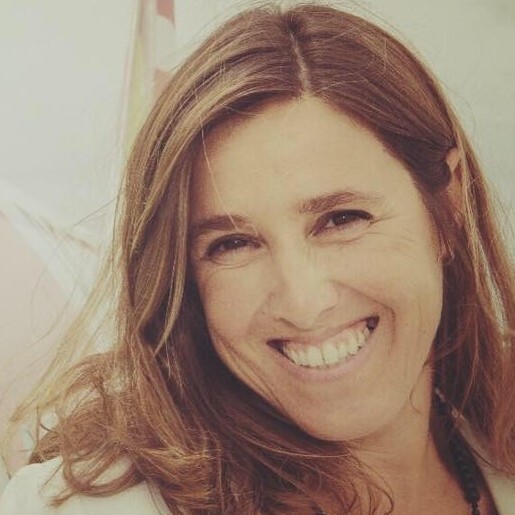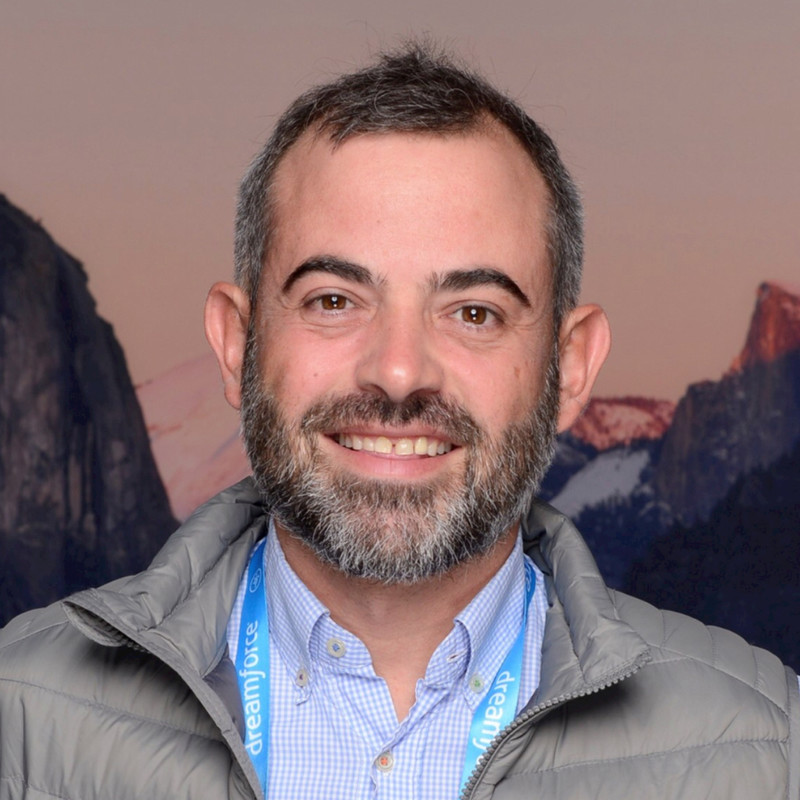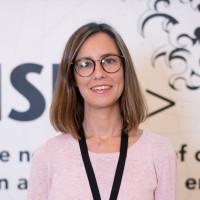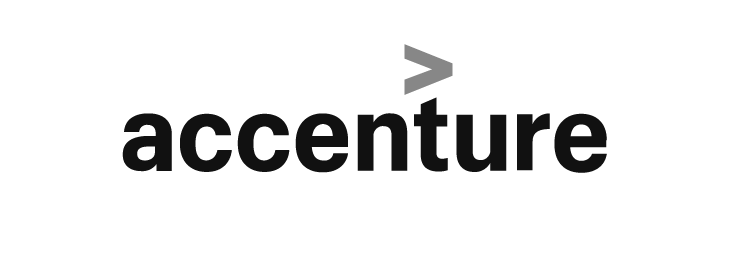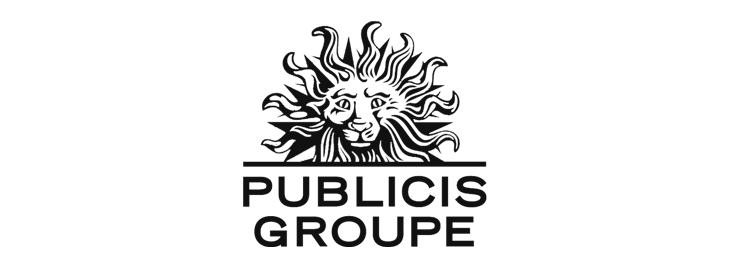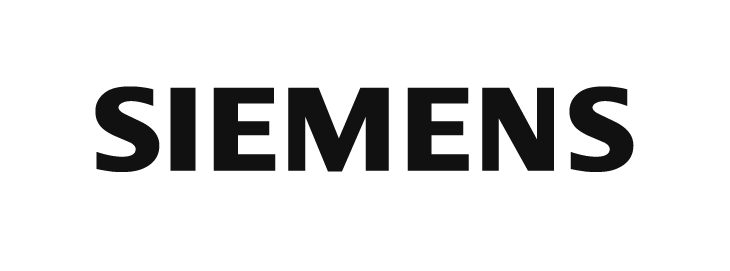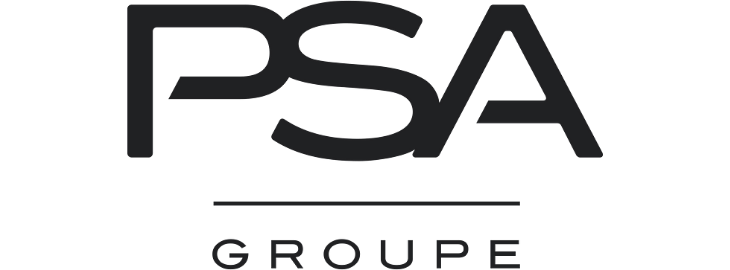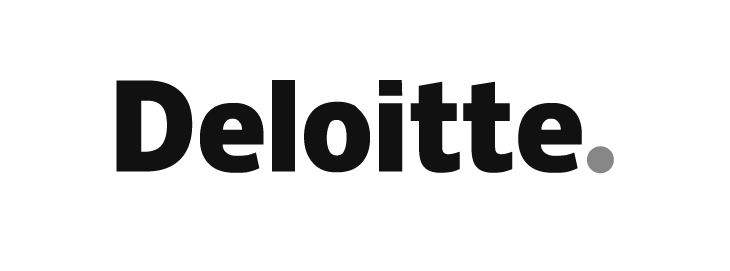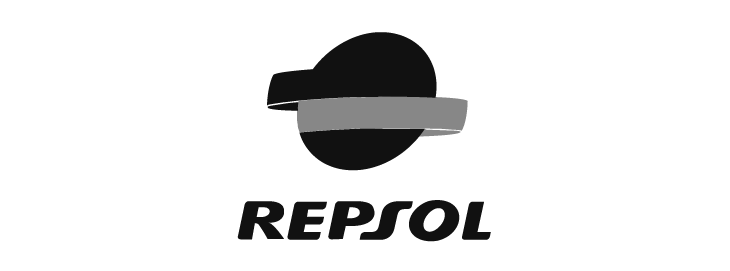Anyone with a genuine interest in companies’ digital transformation has a great chance with Salesforce
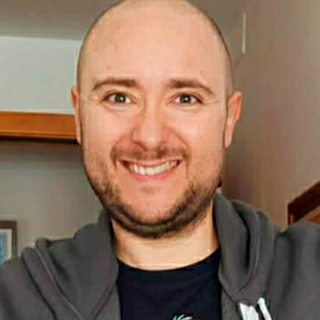
David Sánchez Carmona

The profile of today’s interviewee is very interesting because he reflects most of the attractive concepts of Salesforce, like the capacity of generating a change in a professional career and the constantly growing ecosystem.
Today we interview David Sánchez Carmona, who has been a student at ISDI and now is a CRM Manager at The Hotel Network. He is a great Salesforce professional with 4 certifications in the platform’s core products, and he declares himself as a “Trailhead addict”, with over 290 badges.
Sánchez Carmona is not only a great expert who has worked for more than 13 years in consulting companies specialized in implantation of CRM solutions, but he is also a Salesforce evangelist, which requires being permanently updated in order to provide users and clients with valuable information about the new functionalities and how they can be useful for their businesses.
When was the first time you heard about Salesforce?
I discovered Salesforce in 2007 when I was working as a commercial controller, and it was the only CRM in the market which had an annual fee, didn’t required to be installed on my companies’ server and you only needed a web browser. I fell in love with that concept, even though that company I was working for decided to buy a more traditional CRM software which needed a yearly update (that also added extra costs and difficulty to the task) and stored all data on the office’s server. They must have had a huge fear about storing data in the Cloud!
Why would someone start a training course in Salesforce? What motivated you to do so?
That initial experience was an inspiration that followed me through the next CRM projects and in 2012 I started to train myself in Salesforce, using articles from webs like Help and Salesforce, which had a free-trial of 30 days. Trailhead didn’t exist yet! There were very few Salesforce professionals and very few projects here in Spain, and then in 2015 a strong growth happened, which led Spain to become one of the top European countries in number of Salesforce professionals, quality of products and market visibility.
What does it mean to be part of the Salesforce community?
I have been the leader of the Salesforce administrators’ community in Barcelona for 3 years now and we are more than 250 people. Salesforce gives support, through its Ohana culture (means “family” in Hawaiian), for people from this ecosystem to connect between them out of their offices, to share experiences, knowledge and interests throughout the different products Salesforce develops and updates in 3 yearly actualizations. In this time we’ve organized an event every fortnight, bringing together around 40-60 people from the local community, and we’ve created a study group that takes place every month, where we all learn and grow together. This fact strengthens our professional and friendship relationships. I give thanks every day for this given opportunity that has made me enjoy every step of the way in this road which is the Salesforce ecosystem. You can learn about the Salesforce Trailblazer Community Group in Barcelona.

How do you employ Salesforce in your work?
I use Salesforce from all perspectives: as a business user and also as a specialist in configuration. From my position as a CRM Manager at The Hotel Network, I work with international sales teams, client success teams, finance and product development teams, so data and business processes depending on the different Salesforce applications are reliable and useful, always updated and also accessible through other platforms, and finally accelerate that data culture our company has.
How does Salesforce fit in your daily work?
Salesforce plays a part in all of my conversations with colleagues and partners, which are Salesforce users, my internal clients I care for and motivate to use these tools in the best way, and to learn and gain leverage of all existing functionalities. Each day they challenge me to improve their configurations, reduce the number of steps a process or functionality requires, and we jointly design new solutions for their special business needs. My CRM team and the data team are in the business’ first line to understand and respond quickly to needed changes.
Salesforce constitue une grande opportunité pour toute personne qui s’intéresse véritablement à la transformation digitale des entreprises
Why whould you recommend someone to begin a training course in Salesforce?
Every person with a genuine interest in companies’ digital transformation has a great change in this ecosystem. There’s space for those with a commercial vision and also a technical vision; for those young with little professional experience and those with a few years more and lots of cumulated mistakes (I am proud of mine!)
Which opportunities do you think your Salesforce knowledge opened for you?
The challenge is usually to achieve the best professional experiences in real implementation projects, or maybe as a junior administrator of the platform. Each time period has its challenges – when I started with Salesforce, it wasn’t easy to acquire knowledge about the platform. In my case I had a background in CRM projects from other technologies, so it was easy for me to adapt to this new tech, because concepts were very similar. Nowadays and in a few months, one person can retrain himself to boost his professional career using two big resources: 1) Trailhead as the online official e-learning platform from the developer; 2) training courses and online webinars captained by official training partners like ISDI CRM, which can give you that extra motivation to achieve the best results.
Why would you consider essential to train in the Salesforce technology?
Even those who had previous experience and Salesforce certifications – like my case, to this day: Administrator, Sales Cloud, Service Cloud and Field Service Cloud – we are always training ourselves and learning new skills from the platform, including multiple technologies and Cloud applications. Salesforce’s users and clients are highly informed, so professionals face the challenge of broadening our horizons in every project, in every product demonstration, in every conversation. The price they pay those who do not train daily is that, after a year, Salesforce has launched 3 new different versions and it’s hard to keep pace. At the end, they can’t design and provide the most optimised solutions. We can see an example with Flow Builder, a tool that last year had limits and restrictions, and now is indispensable en every project, and in many cases it is also substituting other tools like Workflows (which the developer is not updating) or Apex (which has a higher maintenance cost).
What advice would you give someone interested in a Salesforce training course?
I would tell him, firstly, to come to a Salesforce community event in Barcelona, to meet people who have taken that road before, and where he or she will find mentors with tips and counsel. If they finally take the decision of starting learning, then they should go for a Salesforce Administrator course, which is the most recommended starting point. Through our community they can acquire some practical experience working with NGOs that use Salesforce and always need help to expand their functionalities and processes. Each person has different abilities and they must reinforce their knowledge with patience and dedication.
Did you find this article interesting? Share it!
Maybe your friends will also enjoy this..

